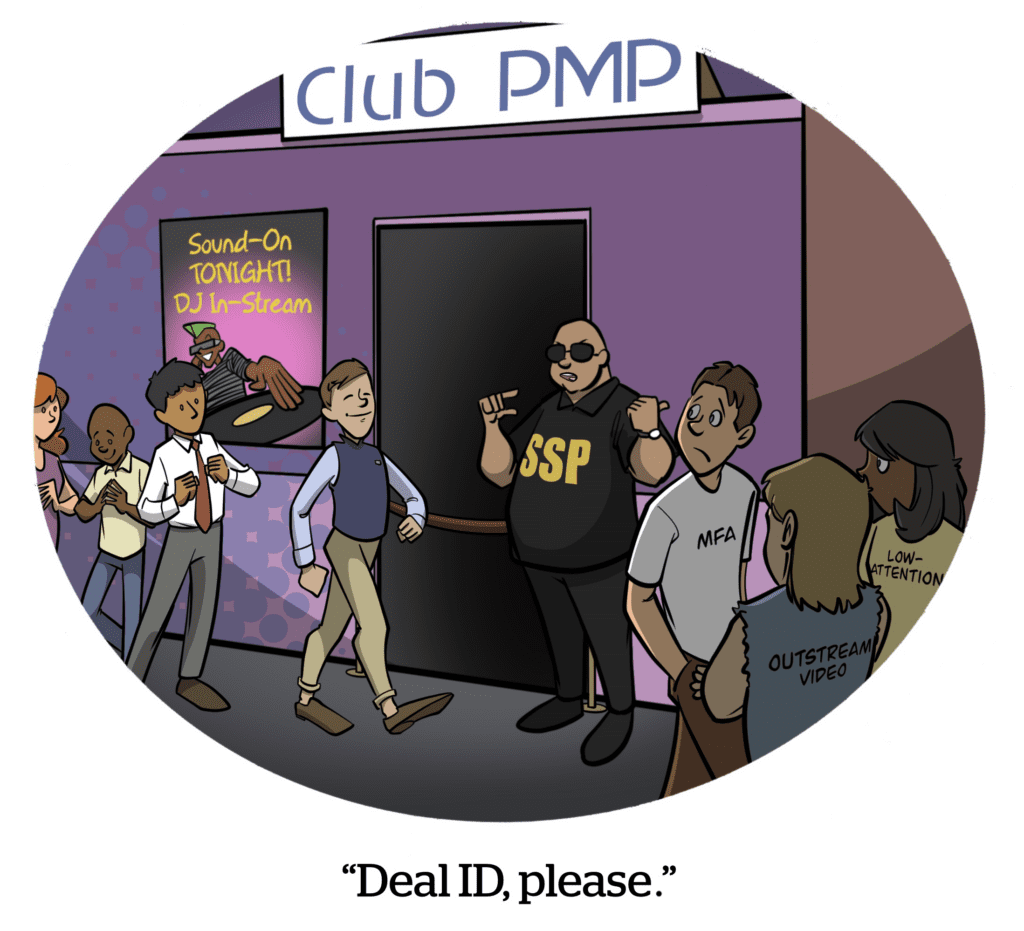With the programmatic curation trend, a large share of budgets has consolidated around deal IDs.
This is a problem because deal IDs don’t work very well.
For The Trade Desk, about 90% of campaigns using structured deal IDs via private marketplaces don’t scale at all. Often they’re stuck spending less than $10 per day, TTD SVP of inventory management Will Doherty told AdExchanger.
Fixing this frustrating deal ID failure rate was the impetus for a new product called Deal Desk that TTD launched on Wednesday during the IAB Tech Lab Summit in New York City.
Deal Desk, which is part of TTD’s Kokai AI-based ad platform, includes a set of APIs so sell-side companies can use the tech themselves to set up deal IDs in their own systems without going through a TTD DSP account.
Manual labor
One of the immensely frustrating things about the current state of deal IDs is the amount of human troubleshooting for what should be a totally automated system, according to Doherty.
There are myriad reasons why a deal ID budget doesn’t spend: a low win rate based on the CPM floor, the buyer applying too many targeting parameters and throttling any inventory from showing up, or metadata, such as categories for CTV targeting, that doesn’t match.
“These are very basic and obvious things,” Doherty told AdExchanger. But advertisers and publishers that integrate with the new Deal Desk product should have a more consolidated deal ID setup process and taxonomy. The big win isn’t from ad efficiency improvements or deal ID advertisers failing to get their budget spent.
Oh, the budget gets spent. But it generally entails a painstaking process that involves the advertiser and broadcaster or publisher communicating directly via email or Slack to hash out the reason why. Sometimes, Doherty said, private marketplaces just keep running the same deal ID until it takes, like reloading a URL that timed out.
That programmatic campaigns might be put on pause while various parties that do not communicate well try to resolve a technical issue over Slack is an unconscionable state of affairs for TTD.
Five or six years ago, when deal IDs were a minority of spend and a shiny new object, the issues with some deal budgets never materializing was easily overlooked.
But deal IDs “are now a majority,” Doherty said.
“Which is fine,” he added, in a tone that made it clear that it is not fine.
But despite the rise of deal IDs as a main vehicle for programmatic budgets, they aren’t very popular.
“I have not gotten any pushback from anybody on either side of this equation,” Doherty said, regarding the notion “that the deals or PMPs themselves are in dire need of a technical upgrade.”
















